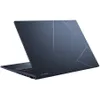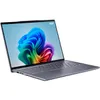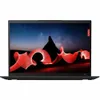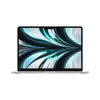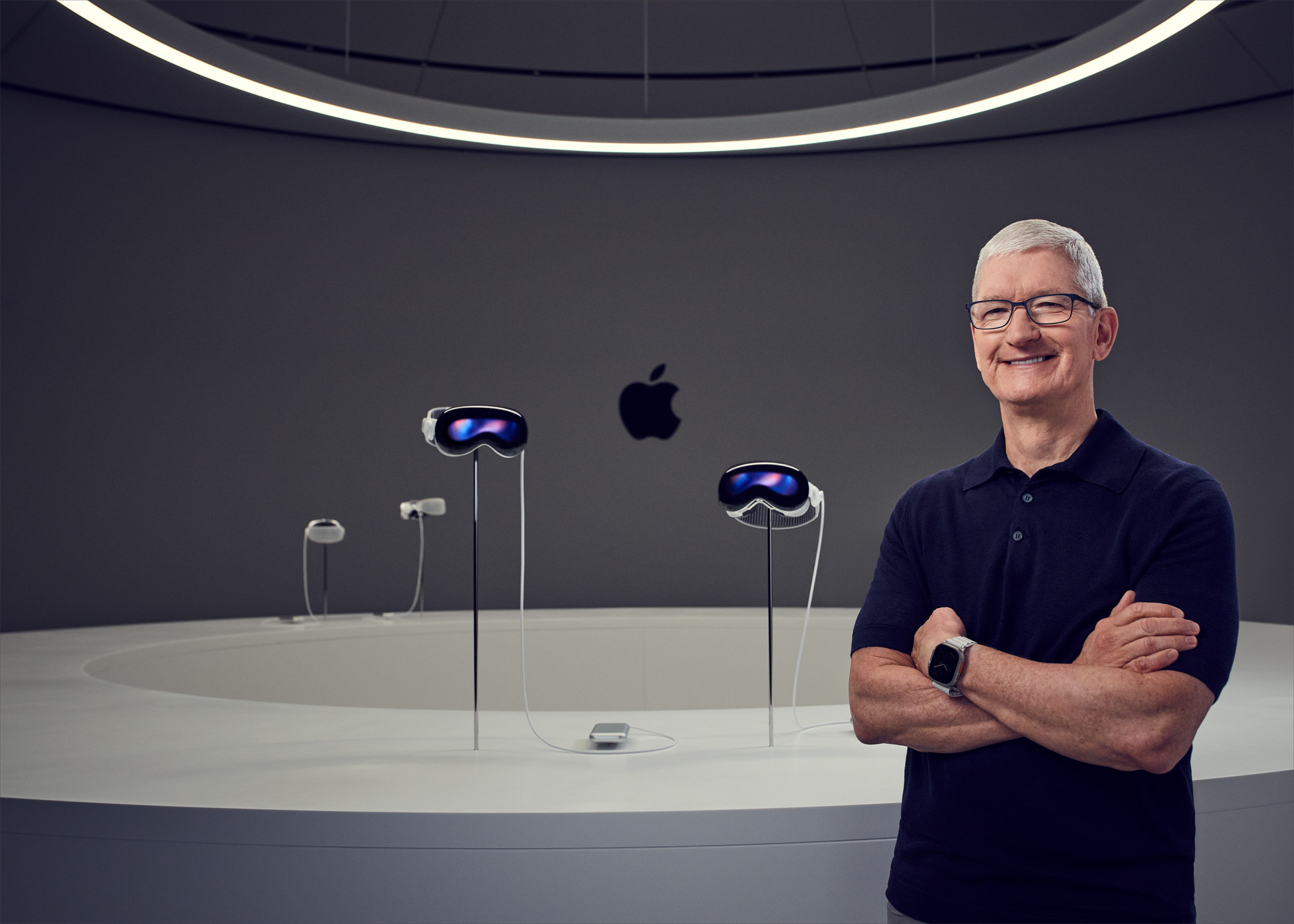We spent over 115 hours testing the battery life on this laptop... we couldn't believe how long it lasted
The apple isn’t ripe enough
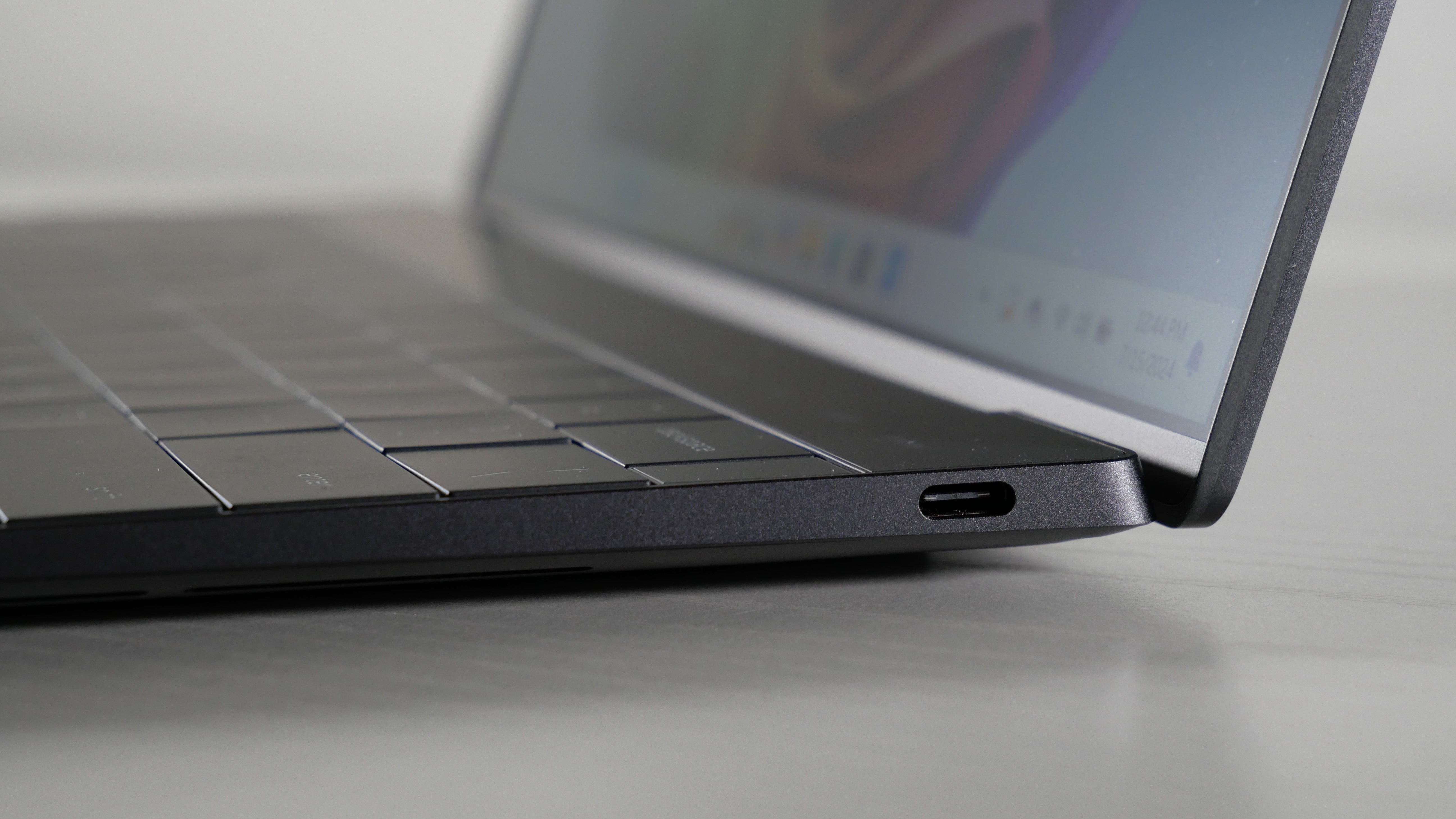
We’ve been swamped with tests and stories revolving around Qualcomm's latest Snapdragon X chipset, and the tests get more interesting with each new laptop. Case in point: The Dell XPS 13.
We saw incredible battery life scores across the board, from the Dell XPS 14’s 10:58 to Microsoft Surface Laptop 7’s 15:44. However, nothing quite excelled to the heights of the MacBook. The MacBook Pro 14 (M3, 2023) reached 17:16 and the MacBook Pro 16-inch (M3 Max, 2023) lasted longer than any laptop we’ve tested on the Laptop Mag battery test, with a score of 18:05. Well, until now.
The new XPS 13 locked in the top spot. It dethroned the king. Qualcomm’s battery scores may be all over the place, but this means it’s more than capable of winning this battery life race. Let’s jump into what we saw during our multiple tests in what is now the laptop with best battery life.
The XPS 13 takes the battery life crown
Now, we run laptops through our battery tests three to four times and collect the average of that number. Initially, we received an average of 19 hours and 1 minute. And then after we downloaded the BIOS 1.7.0 update, the XPS 13 averaged 19 hours and 31 minutes.
That’s a total of six tests overall. Here’s what that actually looks like:
- Test #1 — Pre-update: 19:26:24
- Test #2 — Pre-update: 18:42:40
- Test #3 — Pre-update: 18:54:25
- Test #4 — Post-update: 20:51:24
- Test #5 — Post-update: 18:54:25
- Test #6 — Post-update: 18:48:54
Let’s just say our lab testers spent a lot of time with the XPS 13. They haven’t seen their families in days (this is a joke).
Why is this so good? The Snapdragon X Elite chipset is a collection of chips, including the Qualcomm Oryon CPU and Qualcomm Hexagon NPU (neural processing unit). Qualcomm claimed that its chipset is faster than Intel's x86 CPUs. You’d think that if it’s faster, it’d consume more power. Well, no. Faster processes actually consume less power because it takes less effort for the chip to operate. The CPU and NPU both balance the processing speeds and power plans of the laptop as a whole. Thus resulting in the incredible battery life you see above.
Stay in the know with Laptop Mag
Get our in-depth reviews, helpful tips, great deals, and the biggest news stories delivered to your inbox.
Getting a wider spread of results is enlightening, as it showcases that even the XPS 13’s shortest time (18:42) is longer than the previously longest-lasting laptop (18:05). So where do we go from here?
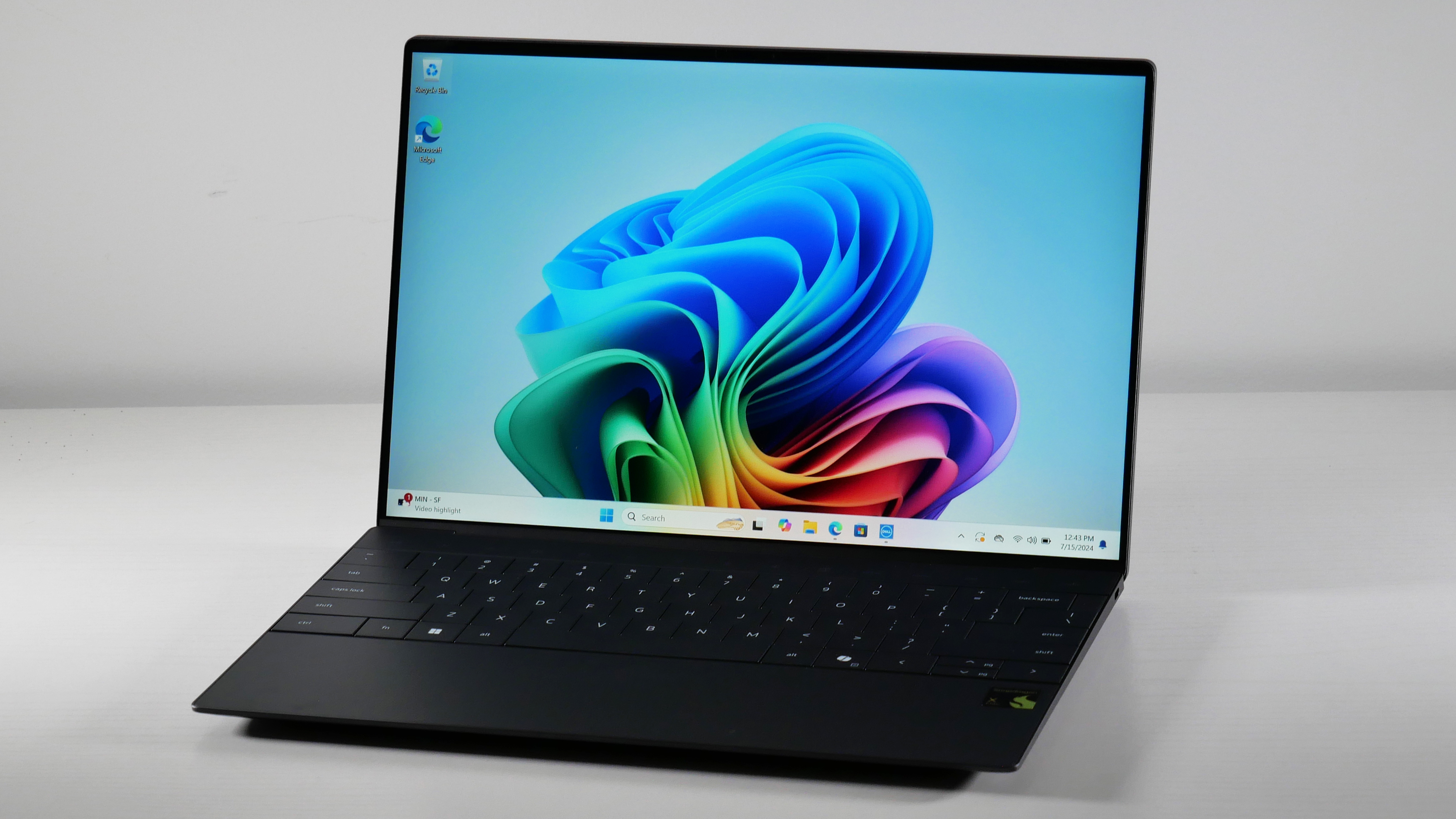
Qualcomm opened the floodgates. This generation is holding AI up on a pedestal, but that’s not why people are buying Copilot+ PCs — it’s because of the battery life. With this challenge posed to the rest of the market, Intel and AMD need to up their game, as they’ve been behind the top spot for quite a bit. Apple, however, is in the best position to respond first, with the M4 MacBooks on the horizon.
Intel’s longest-lasting laptop (that scored well) is the Asus Zenbook 14 OLED, which hit 15:52. Incredible, but not near the stratosphere Apple and Qualcomm are in. AMD has two unique hits under its belt. There’s its longest, the Lenovo ThinkPad Z16 (14:38), and then there’s its most impressive, the Razer Blade 14 (8:35). Now, we’ve seen longer-lasting gaming laptops (exclusively from AMD), but none better all-round than the Razer Blade. As far as I’m concerned, AMD has cornered the market for long-lasting gaming laptops.
It’d be interesting to see if Qualcomm finds its way into proper gaming laptops. I’d love to benefit from 10+ hour battery life. However, as I’ve painfully experienced while gaming on the Microsoft Surface Laptop 7th Edition, the Snapdragon X chipset does not run Windows games natively, so it must emulate it. What that looks like in action is the full collapse of the PC Game Pass app and any game with an anti-cheat engine. It just doesn't work. In many ways, it becomes like a MacBook.
Qualcomm has a serious edge over the competition. Not just in battery, either. In performance, too, as I've highlighted in my XPS 13 vs. MacBook Air face-off. But where is that lead going to go?
Outlook
Unfortunately, a chipset alone does not make a good laptop, but it can certainly do a lot of heavy lifting. This was incredibly evident in both my XPS 13 and Surface Laptop 7 reviews.
Qualcomm getting into more, quality laptops is the obvious goal. But the ARM of it all is a little disarming. Either Qualcomm needs to rethink its life (unlikely) or developers need to make an effort to support other systems.
Since both Apple silicone and Qualcomm's chipset are built on ARM architecture, their combined consumer-base could be the push that the industry needs to support a wider range of chipsets.

Rami Tabari is the Reviews Editor for Laptop Mag. He reviews every shape and form of a laptop as well as all sorts of cool tech. You can find him sitting at his desk surrounded by a hoarder's dream of laptops, and when he navigates his way out to civilization, you can catch him watching really bad anime or playing some kind of painfully difficult game. He’s the best at every game and he just doesn’t lose. That’s why you’ll occasionally catch his byline attached to the latest Souls-like challenge.

